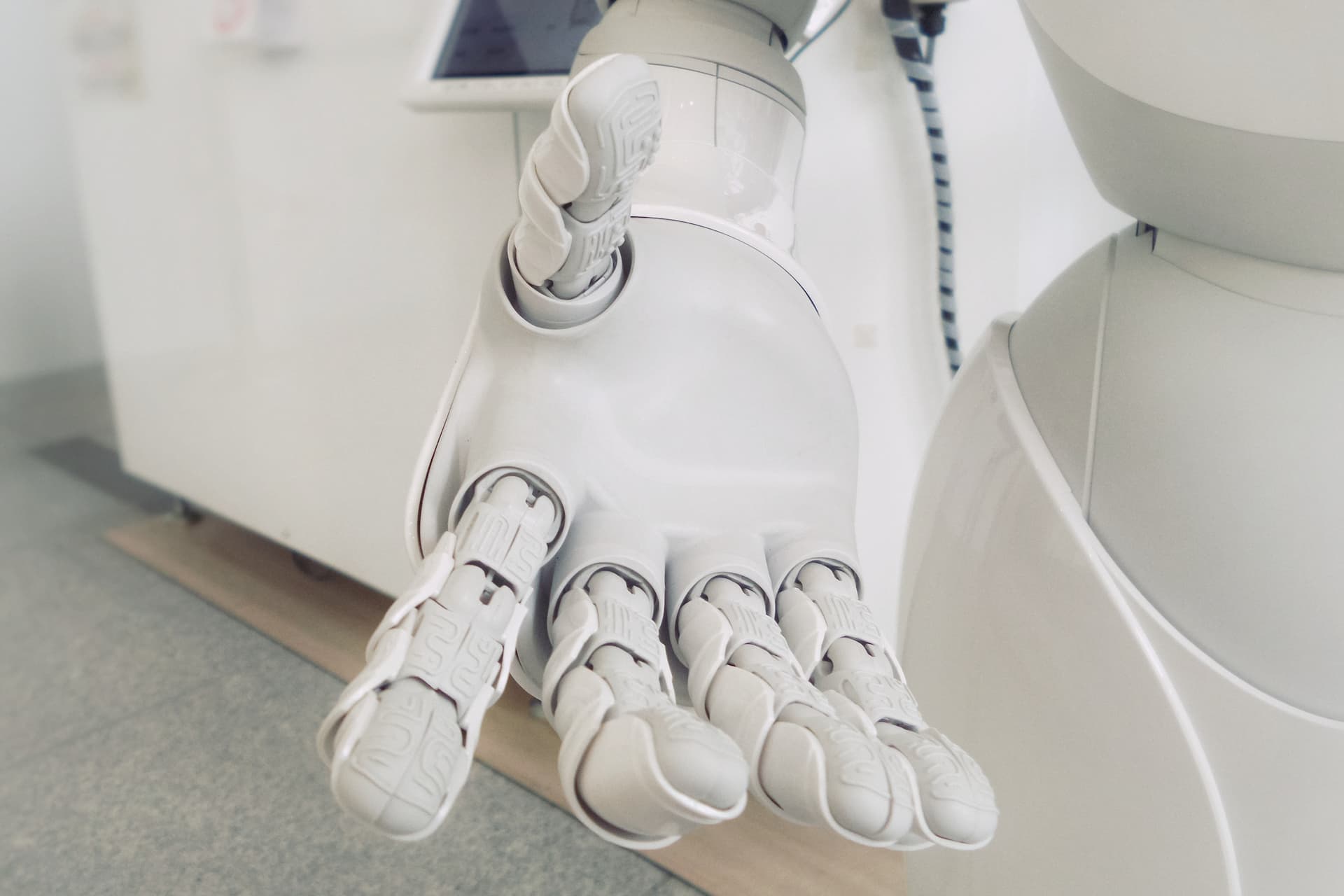The Future of Work is Now (Part 1)
October 28, 2020

6 min

No one expected that the year 2020 would begin with a world pandemic, that is still turning everything upside down. We are currently experiencing the viral Coronavirus (COVID19) pandemic so disruptive that it’s hitting core vulnerabilities of countries worldwide. To such a degree, it’s causing drastic change and bringing forceful disturbance to the current model of how things are done. Even without the implications of the COVID-19 pandemic, this idea we are about to present is so gigantic and important, we’ve decided to cut it into two parts for a more digestible grasp of the concepts presented and how to act upon them.
Future of Work and New Work strategies
All of a sudden, we are forced to rewrite the rules of how we function and operate from here on out. In recent heated debates about the Future of Work, no one could have anticipated: A global health crisis so severe that it’s shocked the world into accelerating us towards new concepts of “work” and the conditions provided within labour workforces. Given the new circumstances, we decided to update these contemporary concepts. Concepts so modern, that we thought they would only come to life in the next five to ten years - yet show signs of happening now.
Being able to see into the future doesn’t require a crystal ball, a fortune teller, or a mystic to be able to predict what will eventually be a reality. Usually, by examining trends and their degree of intensity, collecting data, and analyzing the current global paradigm - we can see a big picture. A picture so big, it stretches into how we, humans and machines, work.
“Eight Futures of Work: Scenarios and their Implications”
By now, you’ve probably seen the popular hashtag on social media platforms as #FutureOfWork - or heard about it on televised-news, print, or radio. It’s a phenomenon that is currently causing change dramatically in our global workforce. With so much innovation and evolution in the workspace, it’s become a case study. Luckily for us, in 2018 World Economic Forum published a white paper outlining “8 futures of work scenarios” that will forever change the nature and quality of work.
“Without change, there is no innovation, creativity, or incentive for improvement. Those who initiate change will have a better opportunity to manage the change that is inevitable.” -William Pollard
The scenarios proposed by World Economic Forum are a cause for concern and are due for direct action on society’s behalf to be able to tackle the challenges, obstacles, and problems through cooperation and collaboration - with each other and our institutions. The whitepaper introduces a wide range of scenarios; from the agile adapters who work remotely or abroad, robot replacement of low and high skilled labour in multiple fields, workforce autarkies upskilling or investing in currently employed talent, and even new niches such as skilled flows that tend to the custom or creative marketplace.
Those aren’t the only scenarios that have been called in for observation, major issues such as; an increasingly politically polarized world, the development of productive locals who wish to stay put, mass movement of people transiting countries looking for better conditions, and even the empowerment of entrepreneurs to create more jobs have been hot topics on the global and local platforms. All 8 scenarios playing out simultaneously in various countries in a different order according to their needs or understanding. All this to be addressed while our world public health infrastructures and societies are being tested with a pandemic.

Three Major Factors of New Work Concepts
Three major factors play a crucial role in determining how the speed and impact of progress each scenario play out smoothly, being:
- the advancement to enhance the evolution of learning analytical data, practical health and safety practices and new-age tools among current youth and in the present workforce;
- the increasingly fast pace of technological innovation and its influence on business models and how they operate to gain public or private interest;
- and the massively growing number of talent mobility across the globe, be it local or global.
“We’ve arranged a civilization in which most crucial elements profoundly depend on science and technology.” -Carl Sagan
“Automation” is the buzzword of the century, and on everyone’s lips, especially with a downed workforce due to COVID-19. With new forms of robotics, more evolved state of the art technologies, and artificial intelligence currently flourishing in multiple industries. Now more than ever, the demand for these machines will have a deep impact on a wide range of multi-level jobs, tasks, and skills. These jobs consequently will eventually be phased out or obsolete to humans now, and in the coming years. With projected workforce cuts in the millions by 2030 in factories across the globe, industries all over the world have their eyes set on automated processes.
These new state-of-the-art machines will be constantly producing high-quality goods, materials, and services 24/7. Putting many people at risk to lose their current occupation. Automation must happen accompanied by the upskilling or modernization of currently employed workers, a reduction of the weekly working hours, and the economic safety net, or even a right, of a basic universal income.
Modern answers to new challenges
It can be expected that, due to COVID-19, automation will make leaps and bounds in our current timeline. It will literally save countless lives in accelerating and streamlining the production and distribution of essential goods and services. The current objective is to diminish the exposure of system-relevant workers to the virus. Numerous companies and hackathons are working tirelessly on tech-solutions to fight COVID-19. The firm Bosch presently developed an entirely automated rapid test for COVID-19 that can help medical facilities such as hospitals and laboratories to make fast diagnoses in about 2-3 hours.
With an arsenal of tools in hand and the data we’ve collectively gathered in an abundance of fields - we currently have a window to cure this pandemic and move forward. We must act in our existing timeframe to address these scenarios currently unfolding. In a world where globalization is ever more present and world governments start to act for a positive reconciliation between workers, conditions, and businesses, how do we go about this to be beneficial for all? It’s up to us to find out. Either way, it’s becoming an urgent world issue to be debated. Due to the Coronavirus pandemic, the impact this will have on all of our futures and current “way of things” will revolutionize our way of life- the time to discuss such a demanding matter of massive change? Is now.